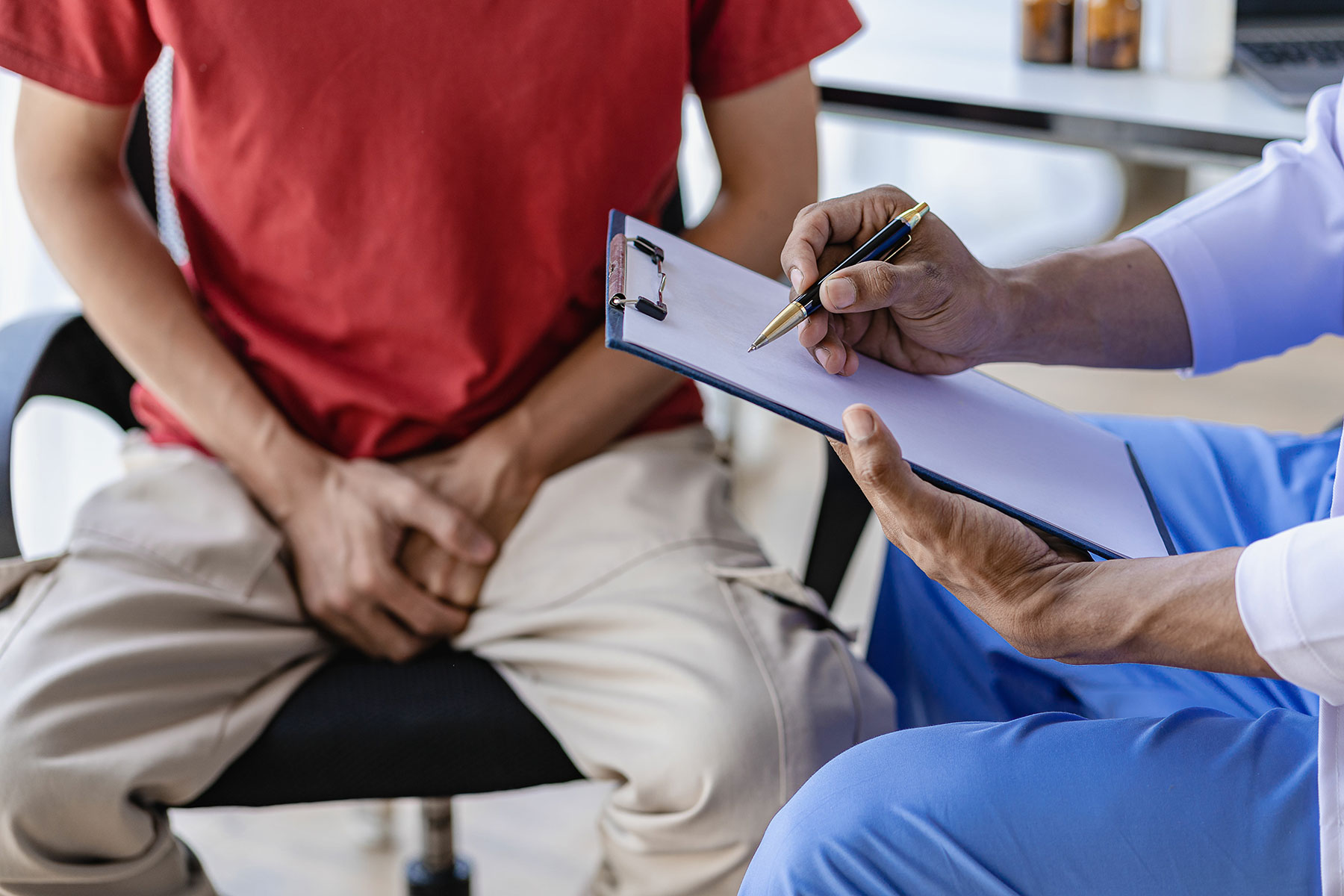Naloxone is an opioid addiction treatment medication that rapidly reverses the effects of an opioid overdose. One of the top naloxone benefits for opioid addiction is that it binds to opioid receptors in the brain. This action reverses or blocks the effects of other opioids that enter the central nervous system. The drug can prevent fatalities or long-term health problems that arise from an overdose.
The FDA has approved naloxone is approved to prevent overdoses from illicit drugs and prescription medications. Therefore, it is relatively safe to use. The top naloxone benefits for opioid addiction make it a popular medication at our opioid addiction treatment center in Colorado. To learn more about the benefits of this medication, contact Colorado Medication Assisted Recovery at 833.448.0127 or online.
Understanding Medication-Assisted Treatment for Addiction
Medication-assisted treatment (MAT) is an evidence-based practice for treating addiction to opioids and alcohol. MAT combines medication with counseling and behavioral therapies. The medications used in MAT act on the same parts of the brain affected by opioids and alcohol, but they do not cause a high or lead to dependence. In addition to minimizing withdrawal symptoms and cravings, MAT can help patients make lifestyle changes that will enable them to stay sober in the long run.
MAT is most effective when used in combination with counseling, behavioral therapies, and other resources and services. In addition to increasing the chances of success in recovery, MAT plays an important role in helping people avoid overdose deaths. Overall, MAT is a safe and effective form of treatment that can help people achieve long-term sobriety and significantly improve their quality of life. With access to the right resources, people struggling with addiction can learn to manage their substance use disorder and live healthy, happy lives.
What Is Naloxone?
Naloxone is an opioid antagonist. The drug can prevent overdoses from common opioids, such as:
- Oxycodone
- Morphine
- Valium
- Heroin
- Hydrocodone
- Fentanyl
The drug is designed to block the effects of these other opioids. For instance, when you take morphine, the drug binds to the opioid receptors already in your brain. Binding to the receptors blocks the pain signals from the central nervous system to the brain. As a result, you feel less pain when you take opioids.
Opioids also produce a euphoric effect that produces pleasure. It makes you feel good. If you increase your morphine dosage, you may suffer from an overdose. Naloxone blocks the effects of morphine on the opioid receptors, essentially reversing their effects.
What Are the Top Naloxone Benefits for Opioid Addiction?
There are many benefits of using Naloxone to treat opioid addiction. Some of the most significant benefits are outlined below.
Overdose Prevention
Opioids affect the part of the brain that regulates breathing. When you overdose on opioids, you may experience slowed breathing. A high dosage can cause you to stop breathing and die. Naloxone reverses the effects of opioids, allowing you to breathe normally once again.
Craving Reduction
You can start to have cravings in as little as six hours after your last opioid dosage. A medication-assisted treatment program is able to reduce your cravings so that you do not relapse.
Reduction of Withdrawal Symptoms
In addition to having cravings, you may experience an array of withdrawal symptoms when you stop using opioids. Withdrawal symptoms may include nausea, vomiting, shaking, insomnia, mood swings, high blood pressure, or even seizures. A naloxone treatment program can reduce withdrawal symptoms, making detox more tolerable.
Non-Addictive
Another one of the top naloxone benefits for opioid addiction is that, unlike other opioids, naloxone is non-addictive. Furthermore, naloxone does not work in your body unless there are other opioids present. So, you can’t get high from the drug or use it for recreational purposes.
Take-Home Medication
Some medication-assisted treatments must be monitored heavily. You can only use them inside a treatment center. Naloxone is one of the few drugs that you can use at home without supervision. You can use it when you are experiencing cravings regardless of where you are.
What to Consider Before Taking Naloxone
Although naloxone is an effective treatment in an opioid addiction treatment program, there are some things you need to consider before taking the drug. First, naloxone is not a primary form of addiction treatment. It should not be a replacement for therapy. Second, although naloxone does not have addictive properties, people can abuse it. If you find yourself abusing it, speak with your therapist.
Get Opioid Addiction Treatment at Colorado Medication Assisted Recovery
With the right treatment, you have a fighting chance to overcome your addiction. Naloxone may be the key to help you overcome your cravings and withdrawal symptoms. To learn more about the top naloxone benefits for opioids addiction, contact Colorado Medication Assisted Recovery at 833.448.0127 or online. We can help you get on the road to recovery.






























